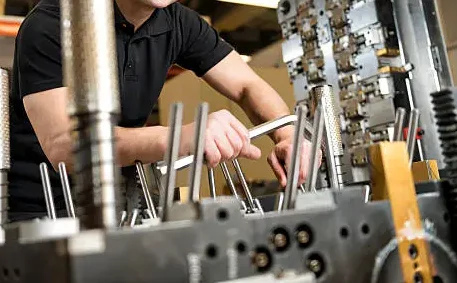
PLASTIG RESINSFOR INJECTIONMOLDING
Injection molding is a versatile manufacturing method that shapes plastic into various objects. This process stands out for its efficiency, enabling the rapid production of high-quality products while minimizing material waste.
A key factor in its effectiveness is the wide range of materials suitable for moulage par injection. From polypropylene and acrylics to liquid silicone rubber (LSR), the choice of resin can be tailored to meet specific project requirements.
Injection molding is one of the most versatile and widely used manufacturing processes in the plastics industry. Its efficiency and scalability make it the go-to method for producing everything from simple household items to complex automotive and aerospace components. Cependant, the success of injection molding heavily depends on selecting the right plastic resin.
Plastic injection molding is a popular manufacturing technique due to its many advantages, including the versatility of plastic resins. Cependant, with so many options available, selecting the right resin for your project can be challenging. The key is to consider your project’s specific requirements, which will help simplify the decision-making process.
What Are Plastic Resins Made Of?
Plastic resins are synthetic materials made from long chains of polymer molecules, primarily composed of carbon and hydrogen atoms. These polymers are created by linking smaller molecules, known as monomers, through chemical bonds.
Additives like colorants, stabilizers, and plasticizers are added to enhance resin properties, including flexibility, strength, and durability.
Produced through processes like polymerization, extrusion, and autoclaving, plastic resins are cost-effective and versatile, playing a crucial role in industries such as packaging, automobile, and healthcare. The global plastic resin industry is rapidly growing, with injection molding being the most efficient and reliable method for mass production.
Common Plastic Resins For Injection Molding
As a manufacturer, it’s essential to be familiar with the most common plastic resins for injection molding. In this section, we’ll cover the key resins, their advantages, and potential drawbacks, so you can select the best material for your specific project needs.
1. Acrylonitrile butadiène styrène (Abs)
Acrylonitrile butadiène styrène (Abs) is a popular thermoplastic polymer used in injection molding due to its excellent mechanical properties and strength. Available in various colors, including clear, ABS is odorless, easily recyclable, and an environmentally friendly option.
Made from carbon atoms arranged in multiple chains, ABS offers fracture resistance but lacks the flexibility of some other polymers. It is commonly used in applications like toys and automotive parts due to its high strength and wear resistance. Cependant, ABS is not as heat-resistant as other plastics, making it prone to damage at higher temperatures during injection molding.
En plus, ABS may not retain its shape as well as other plastics when reheated, requiring careful design for molding. Overall, ABS is a durable, versatile plastic with great performance and recyclability, making it an appealing choice for manufacturers seeking sustainable materials.
2. Low-Density Polyethylene (LDPE)
Low Density Polyethylene (LDPE) is a flexible, cost-effective resin known for its moisture resistance, chemical resistance, and impact strength. It’s commonly used in household goods, medical products, food packaging (Par exemple, juice boxes), and toys, but not suitable for high-temperature environments.
LDPE offers excellent flexibility and can withstand temperatures up to 260°F, making it easy to work with for consumer products due to its mild odor and taste. Cependant, its lower durability and tendency to degrade or crack over time, especially in cold environments, are limitations.
In summary, LDPE is an ideal choice for flexible, easy-to-process applications, offering good durability for many products, though it’s best suited for moderate temperature conditions.
3. High-Density Polyethylene (HDPE)
High Density Polyethylene (HDPE) offers better impact resistance, résistance à la chaleur, and tensile strength. HDPE is available in a wide range of colors and offers excellent heat resistance. It’s particularly popular in food packaging because it’s easy to clean, non-toxic, and free from BPA, making it a safe choice for consumer goods.
HDPE is a 100% recyclable, rentable, and eco-friendly material, widely used in products like plastic containers, water bottles, and refrigerator shelves, thanks to its chemical resistance and ability to withstand extreme temperatures, making it ideal for food packaging, dispositifs médicaux, and toys.
4. Polyamide (Nylon)
Polyamide (Nylon) is a highly versatile and durable plastic resin, widely used in injection molding due to its exceptional toughness, wear resistance, thermal stability, and chemical resistance. Known for its ability to withstand abrasion, high impact, and chemical exposure, Nylon is ideal for demanding environments. Its low moisture content ensures dimensional stability, making it a preferred choice for automotive components and medical parts.
Nylon’s excellent thermal stability allows it to maintain shape under heat, making it perfect for applications requiring high temperature resistance, such as sports equipment and appliances. It is also commonly used in eyeglasses, toys, and other items that need to endure wear and tear. With its wear resistance and thermal insulation properties, Polyamide (Nylon) is a popular material choice across industries like automotive, médical, and electronics.
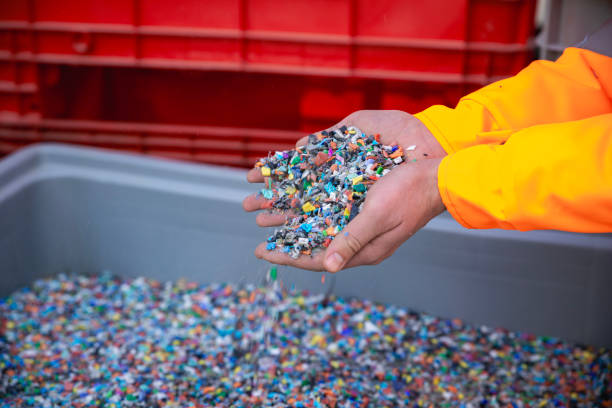
5.Polypropylène (PP)
Polypropylène (PP) is one of the most widely used plastic resins globally, known for its chemical and electrical resistance, high elasticity, high melting point, and stress resistance. Its durability and versatility make it ideal for a wide range of applications, including automotive parts, électronique, construction, and packaging.
PP is especially popular in the food and beverage industry due to its food-safe properties, as it doesn’t leach chemicals. It’s commonly used in food packaging, kitchenware, medical components, and eyeglass frames. En plus, PP’s resistance to UV rays and low friction makes it perfect for medical devices and contact point applications.
Due to its cost-effectiveness, strength, and long-lasting performance, polypropylene remains a top choice for manufacturers looking for a high-quality, reliable resin for various industries.
6.Polyetheretherketone (Jeter un coup d'œil)
Polyetheretherketone (Jeter un coup d'œil) is a high-performance thermoplastic resin commonly used in injection molding. Known for its strength and durability, PEEK is an excellent choice for products that need to be both sturdy and lightweight, such as toys and phone cases.
PEEK’s exceptional heat resistance makes it ideal for applications exposed to high temperatures, It resists harsh chemicals and high temperatures, making it ideal for automotive, aerospace, and medical applications, including implants. PEEK is commonly used in piston components, compressor plates, and liquid chromatography columns.
While PEEK’s limited flexibility makes intricate designs more challenging, its superior durability and wear resistance make it perfect for high-performance products like toys, phone cases, and industrial parts exposed to extreme conditions.
7.Polycarbonate (PC)
Polycarbonate (PC) is a highly versatile and durable thermoplastic resin known for its high impact resistance, abrasion resistance, and transparency. It’s commonly used in applications that require both strength and clarity, such as bulletproof glass, eyeglasses, lenses, dispositifs médicaux, mobile phones, DVDs, and automotive parts.
PC can be heat-treated to enhance its strength and reduce its plasticity, making it suitable for applications such as automotive parts and optical lenses.
Cependant, one drawback of PC resin is its brittleness, which can make it challenging to process. Par conséquent, it may not be the best option for products that require high impact resistance or resilience.
That said, for manufacturers seeking a cost-effective material with good performance qualities, PC resin remains a solid choice.
8.Thermoplastic Polyurethane (TPU)
Thermoplastic Polyurethane (TPU) is a highly flexible and elastic resin, making it ideal for products that require rubber-like elasticity. With high tensile strength and the ability to withstand high temperatures, TPU is commonly used in cable insulation, power tools, sports equipment, Et plus.
TPU is cost-effective and can be processed quickly, enabling fast production without delays from custom manufacturing. En plus, it’s environmentally friendly, as it doesn’t require special processing, making it a great choice for consumer products like food containers and drink bottles.
Choosing the right material for plastic injection molding is crucial to ensure optimal performance and efficiency. The right material choice not only enhances product quality but also saves time and reduces manufacturing costs, making it an essential factor in streamlining the production process.
Key Factors in Plastic Resin Selection
Selecting the right plastic resin is vital for product performance and cost-effectiveness. Here are the key factors to consider when choosing a resin for injection molding:
1. Mechanical Properties
Ensure the resin offers the necessary strength, flexibility, and impact resistance for your product’s demands.
When selecting a plastic resin, it’s crucial to evaluate the mechanical requirements of your product. Different resins offer distinct mechanical properties that impact performance, durabilité, and finish quality.
Par exemple, Acrylonitrile butadiène styrène (Abs) is a top choice for products that require a strong, durable finish, such as automotive parts, toys, and electronics housings. ABS provides excellent wear resistance, ensuring a long lifespan before replacement is needed.
D'autre part, Polycarbonate (PC) is ideal for applications requiring high impact resistance and optical clarity, such as eyewear lenses and protective covers. Cependant, PC has lower abrasion resistance, meaning it may require additional coatings or protective layers to prevent scratches and maintain its longevity.
2. Thermal Stability
Choose a resin with the required heat resistance to withstand both the molding process and end-use conditions.
3. Chemical Resistance
Select a resin that resists degradation from chemicals or harsh environments for durability.
4. Cost and Availability
Balance performance with budget constraints, considering material cost and availability.
The cost of plastic resins varies based on the type of resin, manufacturing process, and specific application.
For instance, thermoplastics like polyethylene (PE) and polypropylene (PP), derived from oil, tend to be more expensive than thermoset plastics such as urethane. PE and PP also have a lower glass transition temperature (Tg), making them less heat-resistant and more prone to brittleness. En revanche, thermosets like epoxy offer a higher Tg, providing superior heat resistance and durability.
5. Moulabilité
Opt for resins that are easy to process in your injection molding setup to ensure efficiency.
6. Environmental Impact
Choose recyclable or eco-friendly resins to enhance sustainability.
When selecting a plastic resin, one of the most critical factors to consider is environmental compatibility. Choosing a resin that minimizes environmental impact is essential for ensuring both sustainability and long-term profitability.
Different resins can have varying environmental effects. For instance, PVC can be hazardous if not disposed of properly, while ABS is biodegradable.
It’s important to select a resin that meets the specific needs of your project while also aligning with environmental responsibility to avoid potential harm to the ecosystem.
En considérant ces facteurs, manufacturers can select the ideal plastic resin for their injection molding projects, ensuring high quality and cost-efficiency.
GXLLD:Plastic Injection Molding Services
From initial prototypes to large-scale production, GXLLD has the expertise and experience to bring your product to market swiftly and efficiently.
We recognize that each project is unique, which is why we provide a variety of flexible pricing options designed to meet your specific requirements.
For reliable plastic injection molding services that cater to your needs, GHXLD is the partner you can trust. Our team of experts is dedicated to ensuring the success of your plastic injection molding projects.

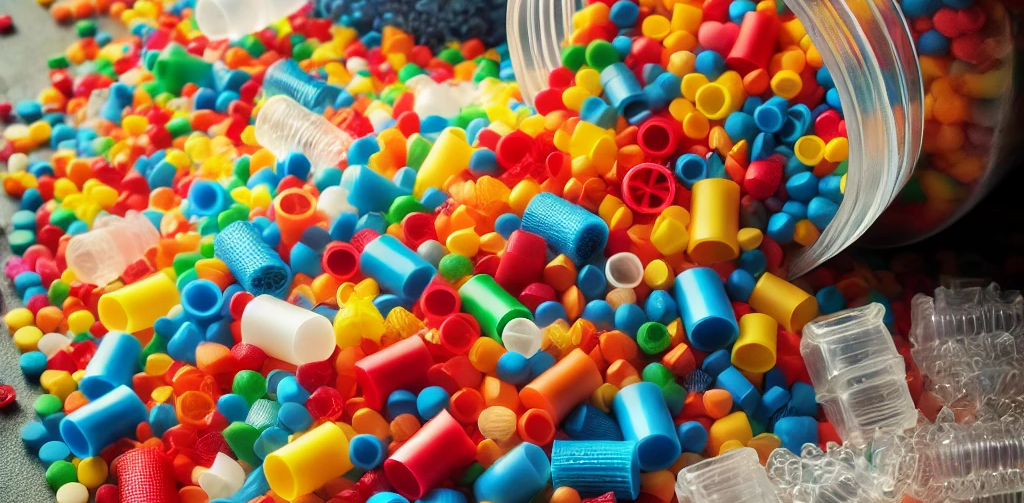
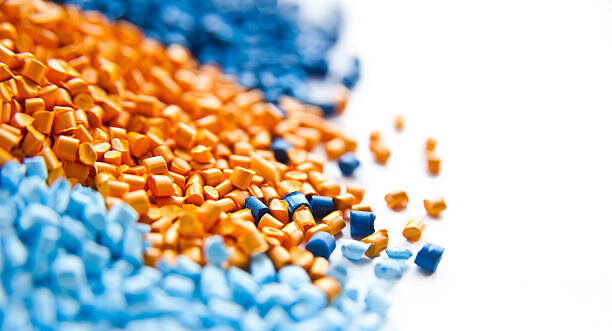
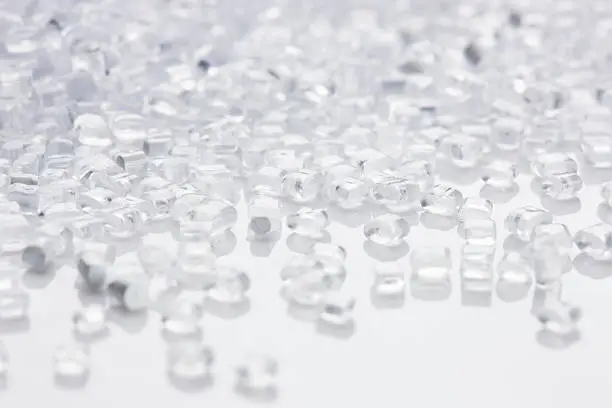
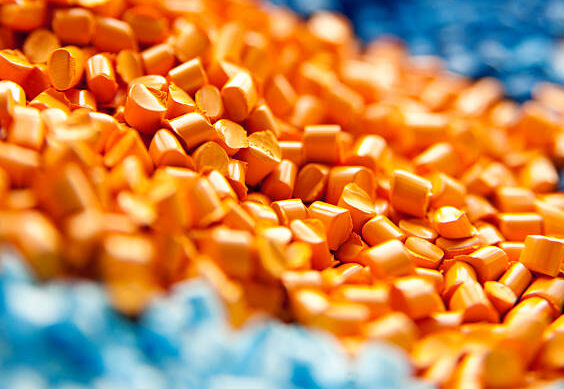

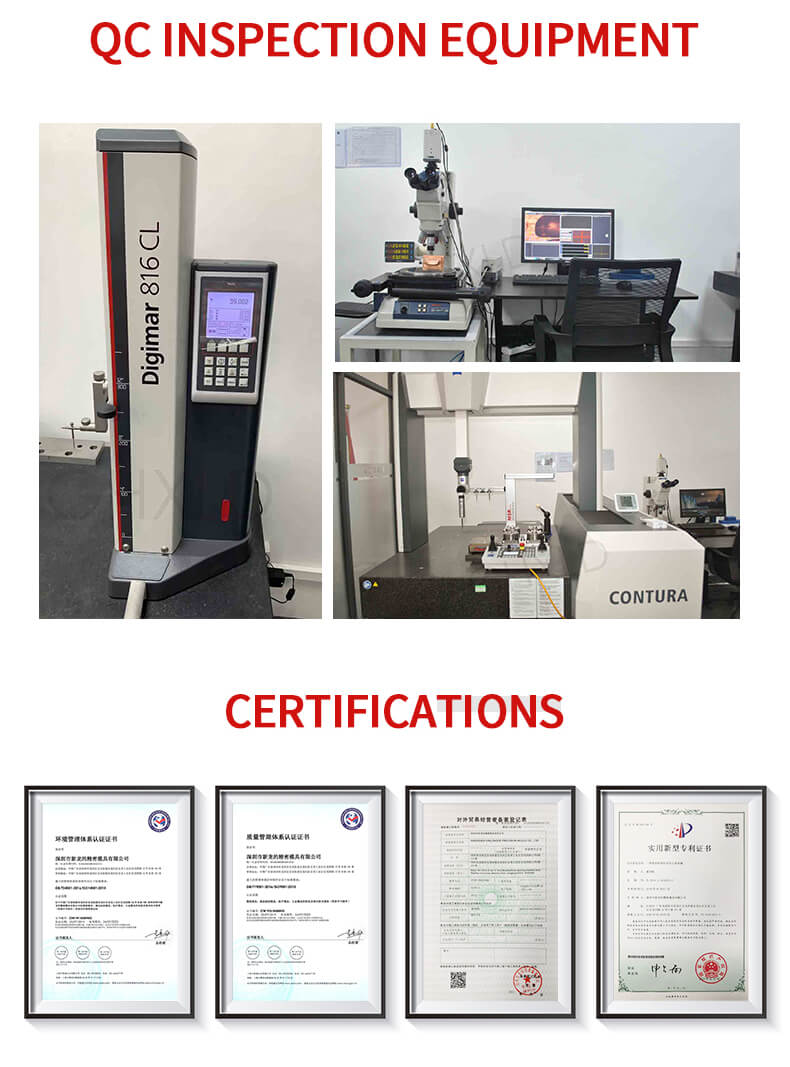
推动创新和卓越。
The injection molding process is complex and creates plastic products. Dark spots are a common issue that affects these products